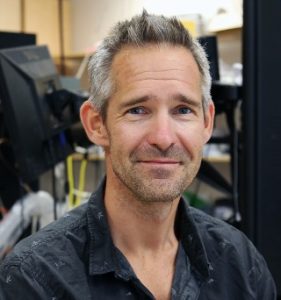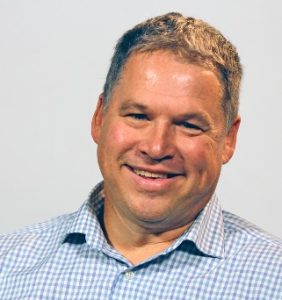Message from the Directors
Welcome to the Centre for Heart, Lung and Vascular Health (CHLVH) in the School of Health and Exercise Sciences at the University of British Columbia.
The CHLVH was established as a centre of research excellence in the interior of British Columbia to focus on cardiovascular and respiratory research throughout the human lifespan and to better understand the isolated and combined impact of environmental stress on physiological function and human health.
CHLVH researchers are of diverse training backgrounds and have expertise in basic molecular and cellular sciences, integrative systems physiology, translational sciences and community and population health. Our long-term goal is to enhance understanding of the cardiovascular, pulmonary and cerebrovascular systems and to provide novel approaches that prevent and treat disease and disability.

Prof Phil Ainslie, co-director

Prof Neil Eves, co-director
The CHLVH has established itself as a collaborative, vibrant and innovative research centre to attract and retain leading scientist in heart, lung and vascular health research and provide the highest standard of research training for undergraduate students, graduate trainees and post-doctoral fellows.
Researchers and trainees within the CHLVH participate in a wide variety of research initiatives including large clinical trials in cardiovascular, respiratory and metabolic diseases, mechanistic physiological studies, high-altitude field studies, industry collaborations, pediatric studies and research with non-human primates and subsistence farmers.
We have been awarded infrastructure, salary, scholarship and operating support for our research and trainees from the Canada Foundation for Innovation, Natural Sciences and Engineering Research Council of Canada, Canadian Institutes of Health Research, Mitacs, Michael Smith Foundation for Health Research, Heart and Stroke Foundation of Canada and the Lung Association of British Columbia and the Yukon.
Locally, the CHLVH has also established close ties with physicians, industry, the Interior Health Authority and the local community, which provides considerable capacity for multidisciplinary research involvement and knowledge translation. Furthermore, our researchers have developed an extended network of international collaborators and partnerships that offer opportunities for trainees to perform research that addresses unique real-world problems.